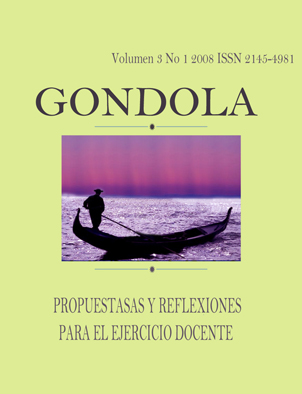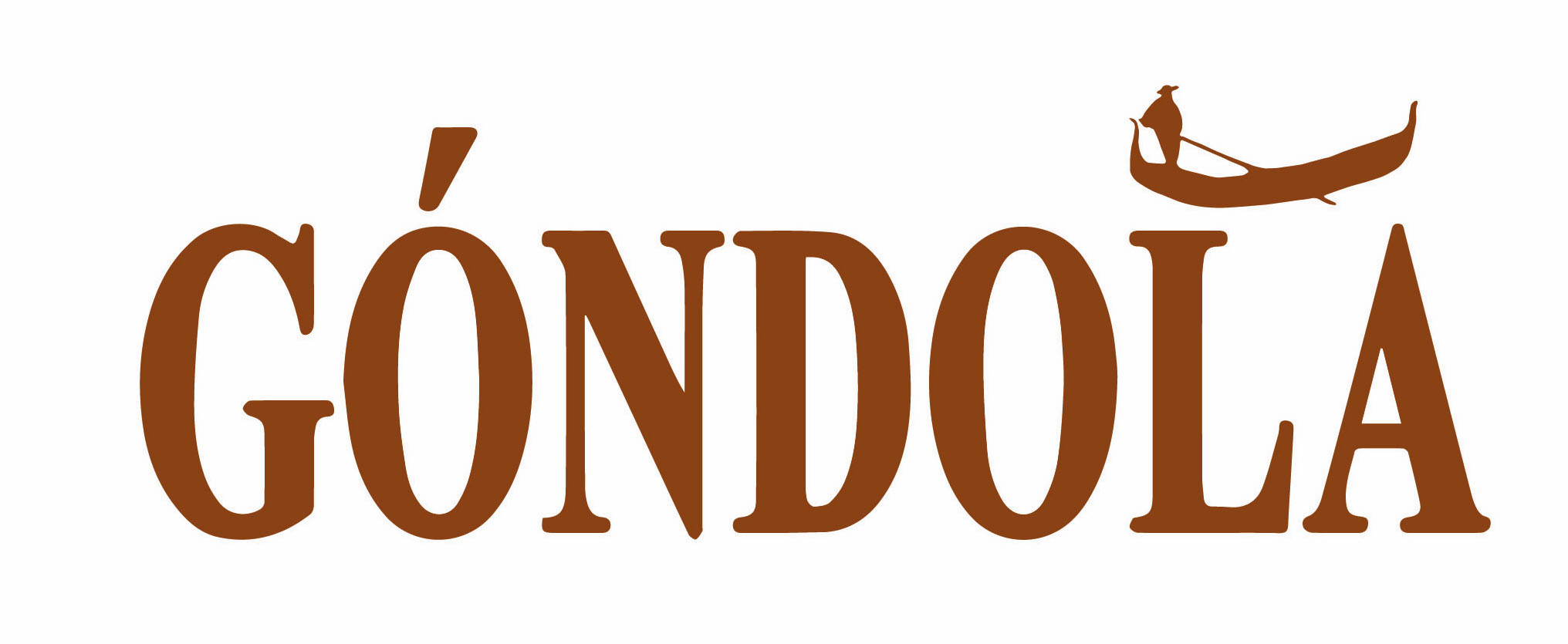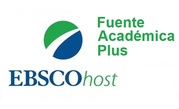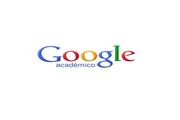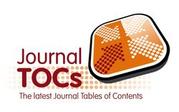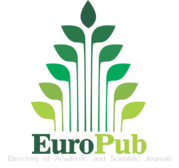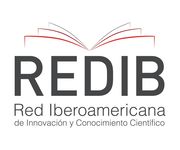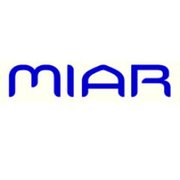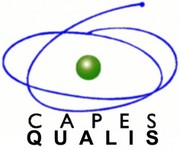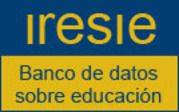DOI:
https://doi.org/10.14483/23464712.5274Published:
2008-01-01Método deductivo para el inicio de la temática: fenómenos y naturaleza de la luz a partir del fenómeno de difracción
Deductive method to start the topic: phenomena and nature of light since the diffraction propertie
Keywords:
Diffraction, physics teaching (en).Keywords:
Difracción, enseñanza de la física. (es).Downloads
Abstract (es)
En este trabajo desarrollamos un material didáctico sobre el tópico de la difracción de la luz pues consideramos que este es un punto de partida para el estudio de diversos fenómenos ondulatorios. La propuesta didáctica consistió en la elaboración de un folleto para introducir al estudiante y captar su atención hacia el análisis de dicho fenómeno, posteriormente se realizó la experiencia de laboratorio orientando al estudiante a confrontar sus argumentos antes y después de observar el fenómeno. Los resultados obtenidos demostraron que el hecho de plantear la situación mentalmente y buscar explicación en la lógica común para luego confrontar con la experiencia real genera un impacto mental que contribuye a la construcción de conocimiento, no como la búsqueda de alguna verdad, sino como la búsqueda de explicaciones lógicas y científicas a lo observado en el mundo natural.
Abstract (en)
In this work we develop a didactic material on the topic of diffraction of light as we consider that this is a starting point for study different wave phenomena. The didactic proposal consisted in the elaboration of a brochure to introduce students and to capture his attention towards analysis of this phenomenon, after that, laboratory experience was developed, orienting the student to confront his argumentations before and after observing the phenomenon. Results obtained showed that the fact of mentally posing the situation and seeking explanation in the common logic and then confronting with real experience generates a mental impact that contributes to knowledge construction, not as the search for some truth, but as the search from logical and scientific explanations to what is observed in the natural world.
References
HECHT, E. Óptica, Addison Wesley, Madrid 1999.
QUIROGA CH, Jorge. Curso de enseñanza media física, segunda parte. Ed. Bedout S.A, Medellin Colombia. Cap 6,p 86-88,Cap 12, p 176-179.
PEDREIRA, M (2006) «Dialogar con la realidad». Cuadernos Praxis para el profesorado. Educación Infantil. Orientaciones y Recursos. Barcelona: CISS_Praxis. Disponible en: http://www.xtec.es/cdec/mediateca/pdf/experimentacion.pdf
PEREZ MARTINEZ, A. (2007): «Para aprender mejor: reflexiones sobre las Estrategias de Aprendizaje», en Revista Iberoamericana de Educación, n° 43. Disponible en:<http://www.rieoei.org/deloslectores/1703Perez.pdf >
ORANTES DE LA FUENTE, J.(2006): « Una aplicación de la difracción: las cámaras digitales», en Revista Española de Física, n° 20. Disponible en: <http://rsef.uc3m.es/images/REF/vol20n3/10.pdf >
How to Cite
APA
ACM
ACS
ABNT
Chicago
Harvard
IEEE
MLA
Turabian
Vancouver
Download Citation
License
Gondola, Ens Aprend Cienc. is an open-access publication, free of charge for authors and readers. The publication, consultation or download of the contents of the magazine does not generate any cost for the authors or the readers, since the Francisco José de Caldas District University assumes the expenses related to edition, management and publication. The peer evaluators do not receive any economic retribution for their valuable contribution. The work of all the actors mentioned above is understood as a contribution to the strengthening and growth of the research community in the field of Science Education.
As of December 1, 2018 the contents of the journal are published under the terms of the Creative Commons License Attribution-Noncommercial- ShareAlike 4.0 International (CC-BY-NC-SA 4.0), under which others may distribute, remix, retouch, and create from the work in a non-commercial way, give credit and license their new creations under the same conditions.
The copyright holders are the authors and the journal Gondola, Ens Aprend Cienc. The holders retain all rights without restrictions, respecting the terms of the license in terms of consultation, downloading and distribution of the material.
When the work or any of its elements is in the public domain according to the applicable law in force, this situation will not be affected by the license.
Likewise, we encourage authors to deposit their contributions in other institutional and thematic repositories, with the certainty that culture and knowledge is a good of all and for all.

